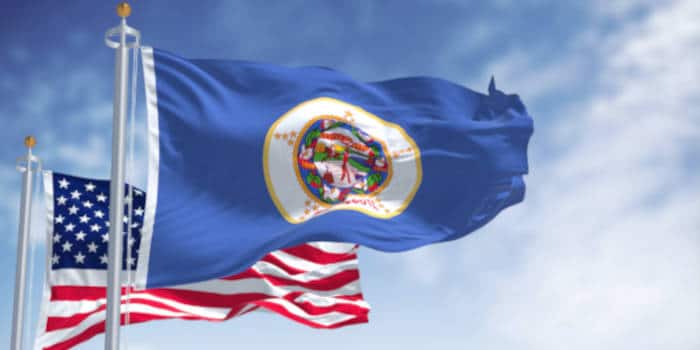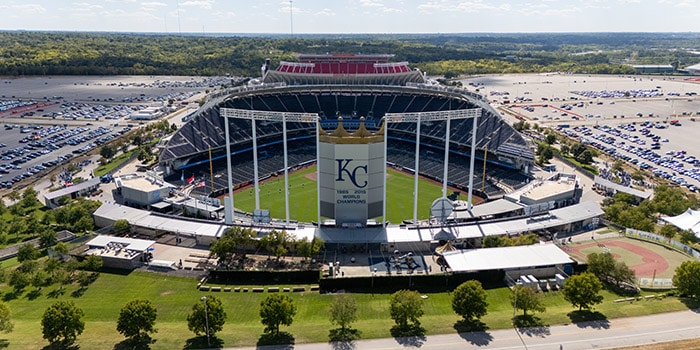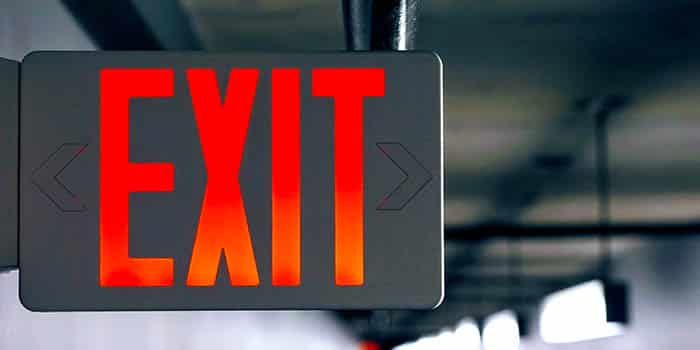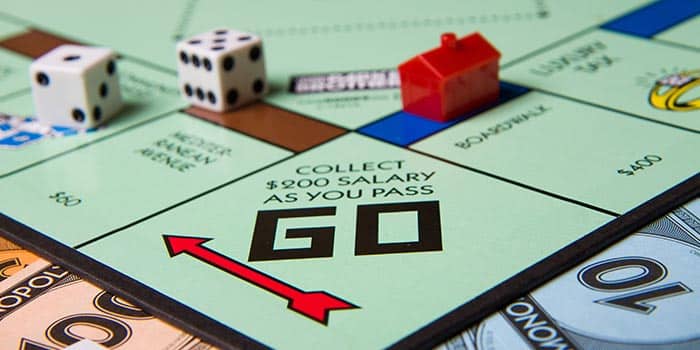Fact-checked by Stoyan Todorov
Minnesota Evaluates Legality of Electronic Gambling at Non-Tribal Card Club
At the center of the dispute is Running Aces, a racetrack and card, which introduced touchscreen-operated electronic tables that simulate live card games

A legal battle about electronic gambling has reached Minnesota’s highest court. Native American tribes and a suburban card club are fighting over what counts as legal gaming under state law.
Gambling Dispute Heats Up Between Tribal Casino and Suburban Card Club
The heart of the argument is Running Aces, a racetrack and card club just north of Minneapolis-St. Paul. This venue brought in electronic gaming tables that use Interblock technology. These machines copy live card games like blackjack and baccarat. They let many players join in through touchscreens instead of real dealers.
The Shakopee Mdewakanton Sioux Community, which runs a casino southwest of the Twin Cities, claims that Running Aces’ electronic tables break state agreements that give tribal casinos sole rights to such gambling forms. Tribal lawyer Josh Peterson argued that these machines are digital slot machines, not regular card tables, and so they fall under the tribes’ exclusive gaming rights.
On the other hand, Running Aces says its operations follow the law. The club’s lawyer, Evan Nelson, stated in court papers that the electronic tables do not count as gambling devices under the law. He also played down the tribe’s worries about losing customers, pointing out that there is no clear proof that the machines had pulled much traffic away from tribal casinos.
Justices Question Definition of ‘Table’ in Card Club Case Involving Sioux Tribe
The Minnesota Racing Commission gave the green light to Running Aces’ 2023 plan to change its gaming floor and add another electronic dealer. This sparked a legal battle. The Sioux Community fought back, claiming the club had gone over its legal limit of 80 card tables. However, a lower appeals court backed the commission, saying it had acted within its power and had not looked into what these electronic devices were.
Judges on the Supreme Court seemed split on how to read what counts as a “table” under state law, reported Courthouse News Service. The law caps card clubs at 80 tables, but it does not spell out how many players can sit at one table or how electronic setups fit into this picture.
Justice Sarah Hennessy worried about using general definitions. She hinted that the term might have a specific industry meaning that was not shown in the case record. Justice Paul Thissen questioned how clear the regulations were. He suggested the commission’s guidelines might be too flexible.
To make things more complicated, Running Aces still challenges whether the Sioux Community can bring the case. However, the appellate court had already dealt with this issue. The justices seemed doubtful about the club’s stance on this matter, too.
The court will make a decision later this year. This could set a standard for how Minnesota regulates electronic gambling across the state.
Silvia has dabbled in all sorts of writing – from content writing for social media to movie scripts. She has a Bachelor's in Screenwriting and experience in marketing and producing documentary films. With her background as a customer support agent within the gambling industry, she brings valuable insight to the Gambling News writers’ team.
















